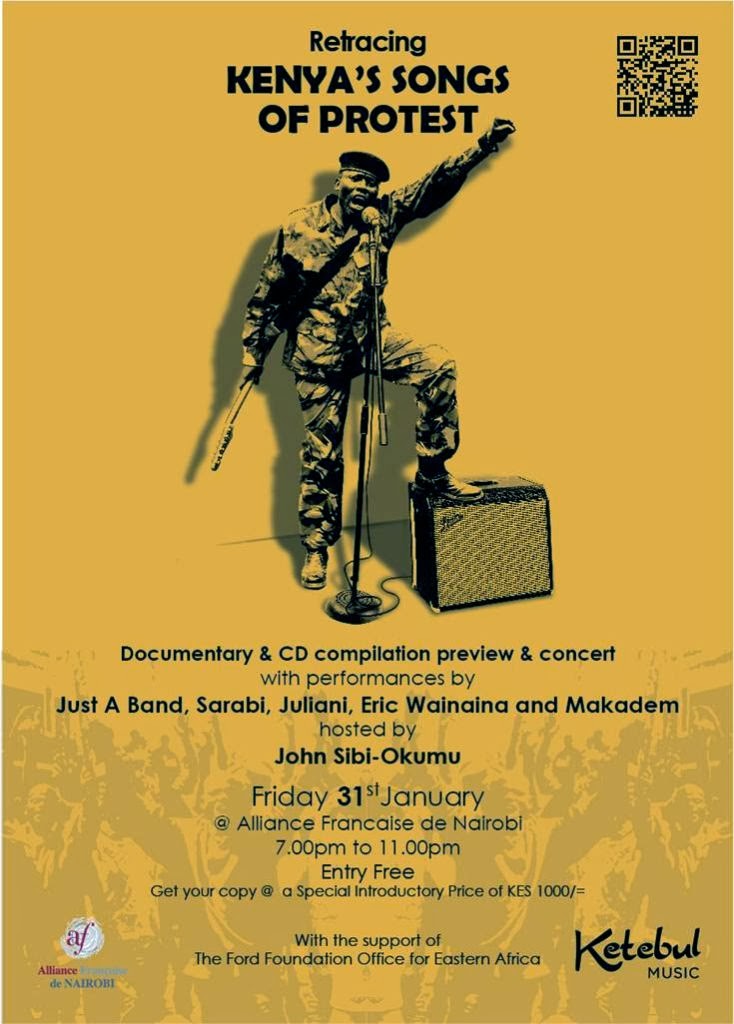 |
| Mindspeak Poster |
I attended the Mindspeak forum on Monday, January 6 2014 where
the key guest was the IMF MD Christine Lagarde. Ms Lagarde was in the country
for a three day working visit.
Ms.
Christine Lagarde, Managing Director of the International Monetary Fund (IMF),
will visit Kenya from January 5–8, 2014, to meet with policymakers and other
representatives of Kenyan society. – IMF Press Release No. 14/01 January 2,2014
Notable things picked from this session is despite the look
east policy adopted by Kenya plus the perceived thawing of relations brought
about by the ICC case the country has been engaging the IMF. To date Kenya has
received almost $ 1 B from the time IMF. The monies we necessitated by a rapid
decline in the value of Kenya Shilling to the dollar in the year 2012. The country
applied for IMF short term lending which was approved and disbursement of these
funds was divided into three tranches. The last which was approved by the BoD
of IMF just before Lagarde jetted in.
Other insights gain from the MD speech was the health of
Kenyan Economy. As pointed out –
‘Indeed,
Kenya’s economic gains over the past few years have been nothing short of
remarkable. Coming on the heels of a delicate political transition, growth
remains robust—at more than 5 percent in 2013. And a set of bold economic reforms
have laid the foundations to lift the economy to middle-income status within
the next decade—if Kenya maintains the reform momentum.’ - Christine
Lagarde
This is essentially important given Kenya will be launching
a Eurobond either at the end of this month or in February 2014. The assurances
from the IMF will certainly go a long way in making the bond issue a success.
The other aspects which were addressed by the speech were
the growth prospects for SSA tagged together with the risks to look out for. In
her off the cuff remarks Ms Lagarde mention with the recovery of Western
markets capital is expected to flow back from emerging markets to the developed
markets as the returns there become more meaningful.
‘Overall,
we expect Sub-Saharan Africa to enjoy continued robust growth—which our
projections in October place at 5 percent in 2013 and close to 6 percent in
2014. But this outlook is not without risks. Policymakers must remain vigilant
to threats from slower demand in emerging market economies, unfavorable changes
in commodity prices, or higher financing costs.’ - Christine Lagarde
On the quest of Middle Income Status by Kenya m/s Lagarde offered
a roadmap in her three C’s namely;
- Completing fiscal devolution;
- Closing infrastructure gaps; and
- Continuing regional
The full speech by m/s Lagarde can be accessed
here


